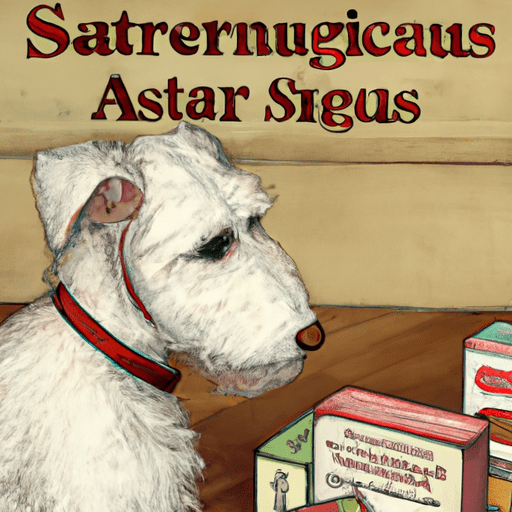“`markdown
What Artificial Sweeteners Are Bad For Dogs?
1. The Hidden Danger in Your Kitchen
You love your pet, your dog is an integral part of your family. But did you know there could be a silent killer lurking in your kitchen? It’s not something you’d ever suspect – it’s artificial sweeteners. These sugar substitutes, while safe for you, can be deadly for your furry friend.
2. The Most Dangerous Culprit: Xylitol
The most dangerous artificial sweetener for dogs is Xylitol. Found in a plethora of products, from chewing gums and candies, to baked goods and peanut butter, Xylitol is a common household item. But what makes it so dangerous for your beloved canine?
-
Rapid Insulin Release: When your dog ingests Xylitol, it triggers a rapid release of insulin. This can lead to a dramatic drop in blood sugar levels, known as hypoglycemia, which can occur within 10 to 60 minutes of consumption.
-
Severe Side Effects: Hypoglycemia can result in staggering, seizures, and even loss of consciousness. In severe cases, Xylitol ingestion can lead to liver failure and death.
Here’s a table to show some common foods and their Xylitol content:
| Food | Xylitol Content |
|---|---|
| Gum | 0.22-1g |
| Candy | 0.3-0.9g |
| Baked goods | 0.5-1.5g |
| Peanut Butter | Variable |
3. Other Sweeteners to Watch Out For
Xylitol isn’t the only artificial sweetener that poses a risk to your dog. Other sweeteners like sorbitol, maltitol, and erythritol might not be as toxic, but they can still cause digestive upset in dogs.
4. How to Protect Your Pet
Knowledge is power, and now that you’re aware of the danger, here are some steps you can take to protect your pet:
-
Check Labels: Always read the ingredient labels on products you bring into your home. If Xylitol or any other artificial sweeteners are listed, keep them well out of your dog’s reach.
-
Educate Your Household: Make sure everyone in your home understands the risks. This includes children, who may not think twice before sharing their candy with the family pet.
-
Contact Your Vet: If you suspect that your dog has ingested something containing artificial sweeteners, contact your vet immediately.
5. FAQ
-
Are all artificial sweeteners dangerous to dogs?
No, but Xylitol is highly toxic. Others may cause digestive upset. -
What should I do if my dog ingests Xylitol?
Contact your vet immediately. Rapid response is crucial. -
Can dogs have any sweeteners?
It’s best to avoid all artificial sweeteners. Natural sweeteners like honey can be given in moderation, but always check with your vet first.
Let’s keep our furry friends safe by being vigilant about the hidden dangers in our homes.
“`



